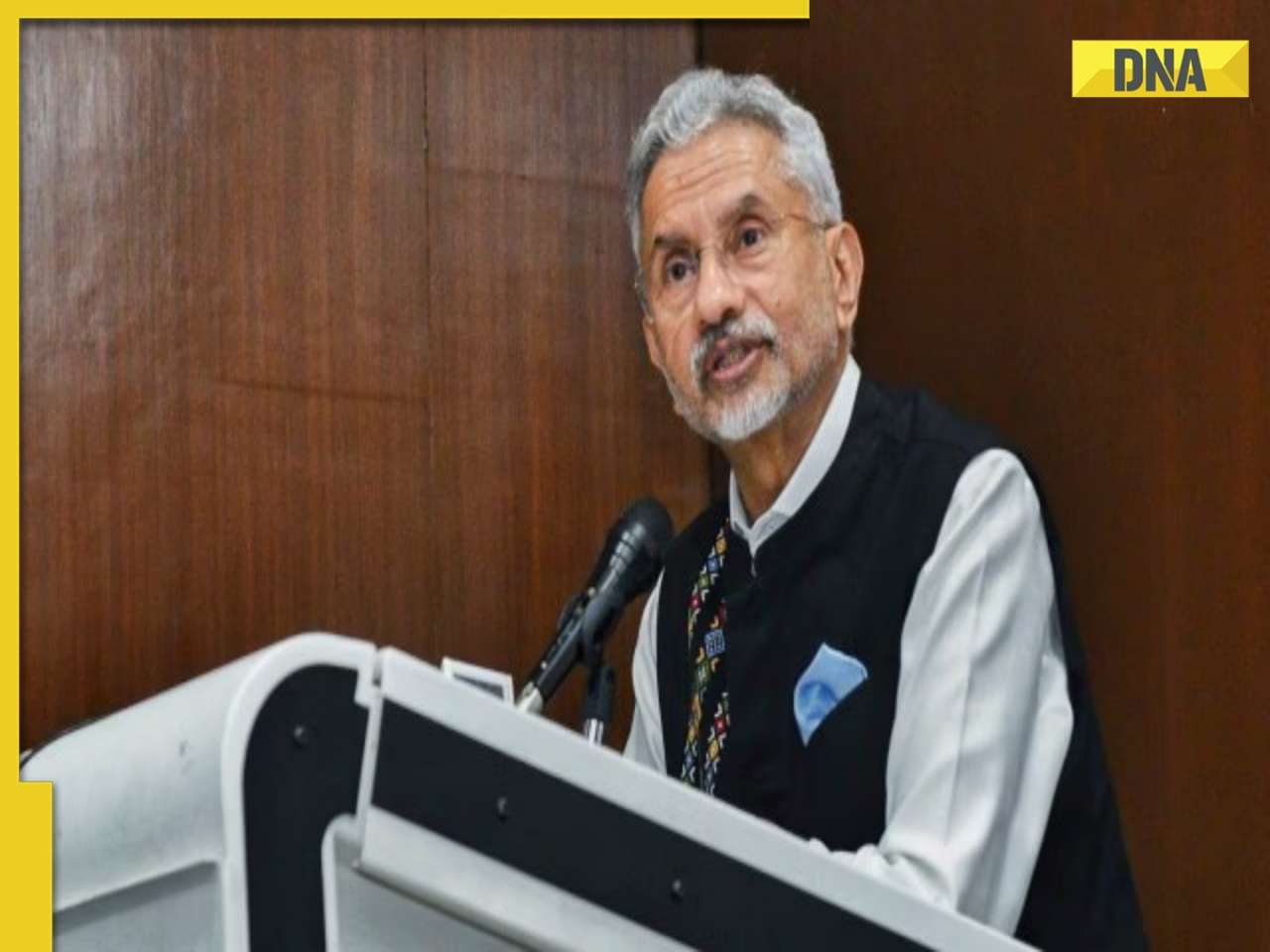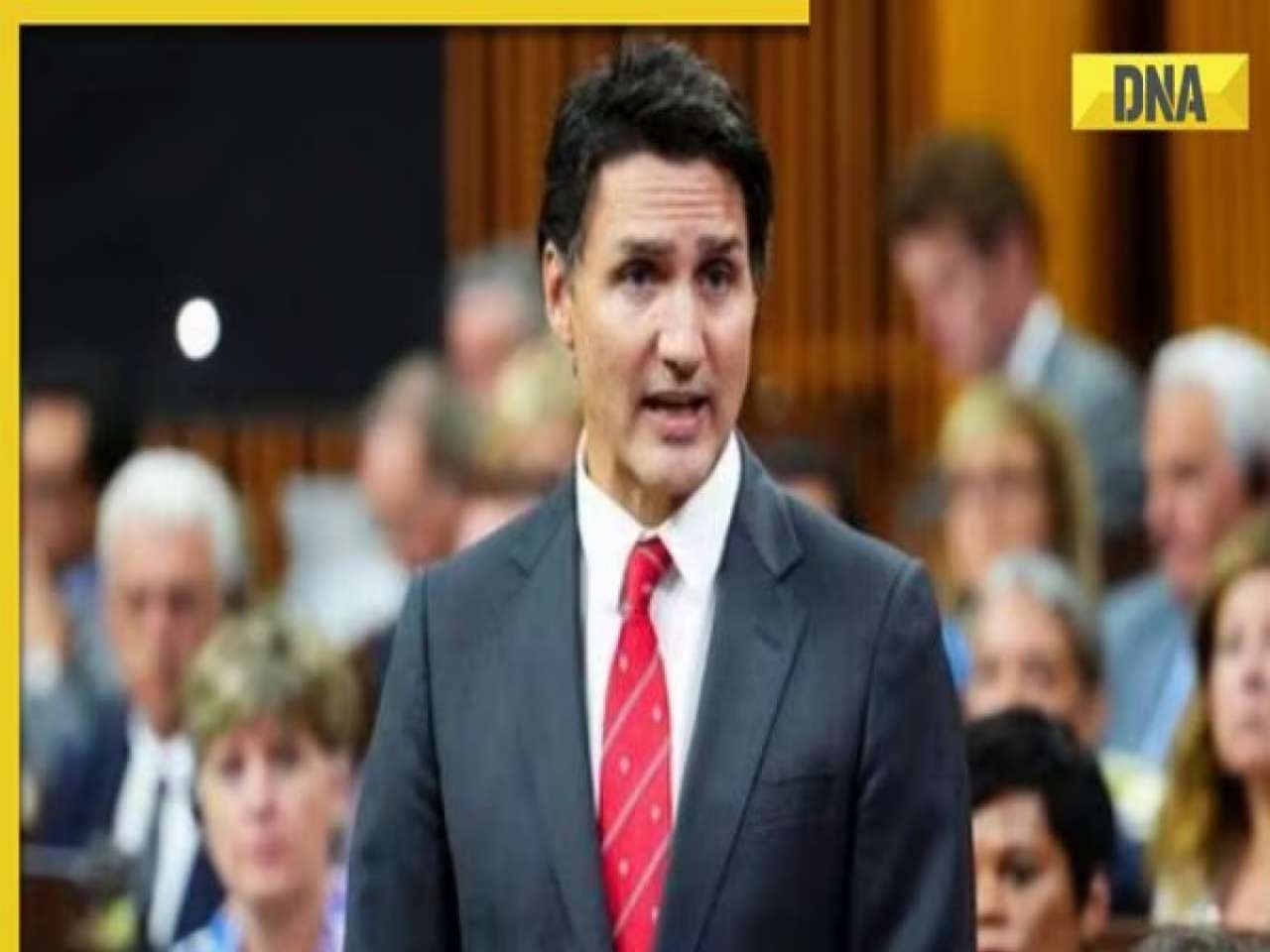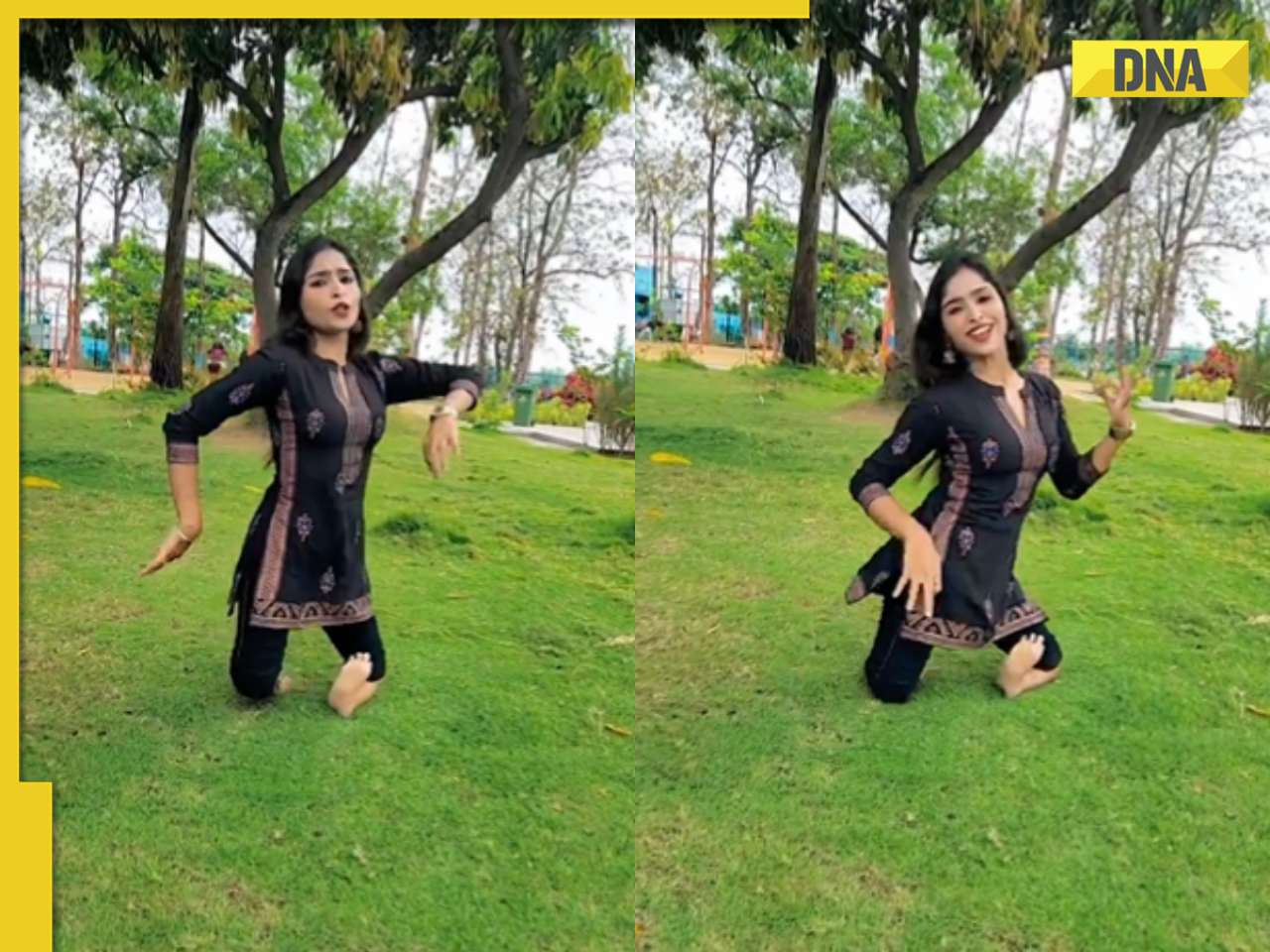Claims Council only teaches people Islamic practices, and all decisions are voluntary to abide by
For the Makkah Masjid Sharia Council, housed in the grand mosque on Chennai’s Anna Salai, a profound crisis has arisen from a seemingly minor conflict over pictures posted on social media.
On Monday, a two-judge bench of the Madras High Court observed that “unauthorised” Sharia courts cannot be allowed to function on mosque premises in Tamil Nadu. Observing that places of worship cannot be allowed to function as sites for extra-judicial fora, which the bench likened to “khatta panchayats”, the court has given the Tamil Nadu government four weeks to file a reply on the issue.
The Court was ruling on a public interest litigation filed by an NRI working in Sharjah, Abdul Rahman, who alleged that the illegal functioning of Shariats was causing the collapse of Muslim families. In his petition, Abdul accused the Anna Salai Sharia Council of using force to obtain his consent for a divorce from his wife.
At the Makkah Masjid, Assistant Imam Syed Zubair explains the Sharia Council’s version. He says there has been a long-running conflict between Abdul, his wife, and their families, over sharing pictures of their child on social media. As the conflict exacerbated, Syed Zubair claims Abdul came to the Sharia Council to seek a divorce. The Imams conducted counselling sessions, but claim Abdul was set on divorce.
Contradicting the HC’s characterisation of the Sharia Council, Syed Zubair says, “We are not functioning as “kangaroo courts” and we did not force Rahman to sign a consent letter for divorce.”
He says the emphasis of the Imams has been on compromise. He says counselling is not in contravention of laws, and is carried out in the presence of lawyers. The Council consists of one or two High Court advocates besides the Imam, Assistant Imam, and a woman counsellor for cases involving women’s issues.
“We only conduct counselling sessions for married couples. After about six months, the Council gives a verdict but it is the will of the couple to accept it or not” Imam Zubair claims. While conceding that the Council intervenes in property disputes too, Zubair says the only function the Council serves is in educating people on Islamic practices. “We only work for the community. We have solved more than 1,000 marriage issues from 2003. We also provide pre-marital counselling,” he said.
While the Sharia Council represents itself as a voluntary religious body, R Rajaramani, senior advocate who appeared for Abdul before the HC, says that the Council has all the trappings of a legal body. “The Sharia Courts issue summons, then force the parties to appear before their court. They pass an order and give case numbers, with one party called ‘plantiff’ and the other ‘defendant’. What is their authority to do these things? The police report also cites these things,” he says.
The senior lawyer says that Abdul was forced into the divorce. “Abdul Rahman belonged to a middle-class family and his wife to a rich family. The wife sought a separation on the advice of her parents. Abdul Rahman approached the Sharia court for reconciliation. One day, the court assaulted Abdul Rahman’s father and then forced him (Abdul) to sign a document consenting for divorce. After which, the court pronounced a judgement saying they are divorced. It was just a consent form, it does not mean he had given a divorce,” he says. The Council’s decision had a legal effect, since the wife remarried three months later.
As the Madras High Court awaits the Tamil Nadu government response, The Council intends to appeal to the courts.
LAW UNTO SELVES
The Madras High Court observed unauthorised Sharia courts should not be allowed to function. The bench of Chief Justice Sanjay Kishen Kaul and Justice M Sundar on Monday said action has to be taken to prevent sharia courts from operating like khatta panchayats and asked the TN govt to reply in four weeks.
The court stated, “We find that a colour is sought to be given of a Judicial Forum to this endeavour though they are outside the purview of the Court Jurisdictions.”
This article has been reprinted with permission from The NewsMinute.
![submenu-img]() 'They unilaterally took some measures': EAM Jaishankar on new Nepal 100 rupee currency
'They unilaterally took some measures': EAM Jaishankar on new Nepal 100 rupee currency![submenu-img]() Meet Ice Cream Lady of India, who built Rs 6000 crore company, started with small investment of Rs…
Meet Ice Cream Lady of India, who built Rs 6000 crore company, started with small investment of Rs…![submenu-img]() ‘Canada a rule-of-law country’: PM Trudeau after 3 Indian arrested over Hardeep Nijjar's murder
‘Canada a rule-of-law country’: PM Trudeau after 3 Indian arrested over Hardeep Nijjar's murder![submenu-img]() Viral video: Specially-abled girl’s energetic dance to Bollywood song wows internet, watch
Viral video: Specially-abled girl’s energetic dance to Bollywood song wows internet, watch![submenu-img]() 'Baap re baap': Imtiaz Ali reveals Diljit Dosanjh was scandalised by old women's 'vulgar' improvisation on Chamkila set
'Baap re baap': Imtiaz Ali reveals Diljit Dosanjh was scandalised by old women's 'vulgar' improvisation on Chamkila set![submenu-img]() DNA Verified: Is CAA an anti-Muslim law? Centre terms news report as 'misleading'
DNA Verified: Is CAA an anti-Muslim law? Centre terms news report as 'misleading'![submenu-img]() DNA Verified: Lok Sabha Elections 2024 to be held on April 19? Know truth behind viral message
DNA Verified: Lok Sabha Elections 2024 to be held on April 19? Know truth behind viral message![submenu-img]() DNA Verified: Modi govt giving students free laptops under 'One Student One Laptop' scheme? Know truth here
DNA Verified: Modi govt giving students free laptops under 'One Student One Laptop' scheme? Know truth here![submenu-img]() DNA Verified: Shah Rukh Khan denies reports of his role in release of India's naval officers from Qatar
DNA Verified: Shah Rukh Khan denies reports of his role in release of India's naval officers from Qatar![submenu-img]() DNA Verified: Is govt providing Rs 1.6 lakh benefit to girls under PM Ladli Laxmi Yojana? Know truth
DNA Verified: Is govt providing Rs 1.6 lakh benefit to girls under PM Ladli Laxmi Yojana? Know truth![submenu-img]() Streaming This Week: Heeramandi, Shaitaan, Manjummel Boys, latest OTT releases to binge-watch
Streaming This Week: Heeramandi, Shaitaan, Manjummel Boys, latest OTT releases to binge-watch![submenu-img]() Remember Ayesha Kapur? Michelle from Black, here's how actress, nutrition coach, entrepreneur looks after 19 years
Remember Ayesha Kapur? Michelle from Black, here's how actress, nutrition coach, entrepreneur looks after 19 years![submenu-img]() Remember Heyy Babyy's cute 'Angel' Juanna Sanghvi? 20 year-old looks unrecognisable now, fans say 'her comeback will...'
Remember Heyy Babyy's cute 'Angel' Juanna Sanghvi? 20 year-old looks unrecognisable now, fans say 'her comeback will...'![submenu-img]() In pics: Arti Singh stuns in red lehenga as she ties the knot with beau Dipak Chauhan in dreamy wedding
In pics: Arti Singh stuns in red lehenga as she ties the knot with beau Dipak Chauhan in dreamy wedding![submenu-img]() Actors who died due to cosmetic surgeries
Actors who died due to cosmetic surgeries![submenu-img]() DNA Explainer: Why Harvey Weinstein's rape conviction was overturned, will beleaguered Hollywood mogul get out of jail?
DNA Explainer: Why Harvey Weinstein's rape conviction was overturned, will beleaguered Hollywood mogul get out of jail?![submenu-img]() What is inheritance tax?
What is inheritance tax?![submenu-img]() DNA Explainer: What is cloud seeding which is blamed for wreaking havoc in Dubai?
DNA Explainer: What is cloud seeding which is blamed for wreaking havoc in Dubai?![submenu-img]() DNA Explainer: What is Israel's Arrow-3 defence system used to intercept Iran's missile attack?
DNA Explainer: What is Israel's Arrow-3 defence system used to intercept Iran's missile attack?![submenu-img]() DNA Explainer: How Iranian projectiles failed to breach iron-clad Israeli air defence
DNA Explainer: How Iranian projectiles failed to breach iron-clad Israeli air defence![submenu-img]() 'Baap re baap': Imtiaz Ali reveals Diljit Dosanjh was scandalised by old women's 'vulgar' improvisation on Chamkila set
'Baap re baap': Imtiaz Ali reveals Diljit Dosanjh was scandalised by old women's 'vulgar' improvisation on Chamkila set![submenu-img]() This actor, who worked with Karan Johar and Farhan Akhtar, gave superhit shows, saw failed marriage, killed himself at..
This actor, who worked with Karan Johar and Farhan Akhtar, gave superhit shows, saw failed marriage, killed himself at..![submenu-img]() Did you know Ranveer Singh's grandmother was popular actress? Worked with Raj Kapoor; her career affected due to...
Did you know Ranveer Singh's grandmother was popular actress? Worked with Raj Kapoor; her career affected due to...![submenu-img]() India's highest-paid TV actress began working at 8, her Bollywood films flopped, was seen in Bigg Boss 1, now charges...
India's highest-paid TV actress began working at 8, her Bollywood films flopped, was seen in Bigg Boss 1, now charges...![submenu-img]() Shreyas Talpade wonders if his heart attack was due to Covid vaccine: 'We don’t know what we have taken inside...'
Shreyas Talpade wonders if his heart attack was due to Covid vaccine: 'We don’t know what we have taken inside...'![submenu-img]() IPL 2024: Faf du Plessis, Virat Kohli help Royal Challengers Bengaluru defeat Gujarat Titans by 4 wickets
IPL 2024: Faf du Plessis, Virat Kohli help Royal Challengers Bengaluru defeat Gujarat Titans by 4 wickets![submenu-img]() IPL 2024: Why is Sai Kishore not playing today's RCB vs GT match?
IPL 2024: Why is Sai Kishore not playing today's RCB vs GT match?![submenu-img]() 'Mumbai Indians ki kahani khatam': Ex-India star slams Hardik Pandya after MI's loss to KKR at Wankhede
'Mumbai Indians ki kahani khatam': Ex-India star slams Hardik Pandya after MI's loss to KKR at Wankhede![submenu-img]() LSG vs KKR, IPL 2024: Predicted playing XI, live streaming details, weather and pitch report
LSG vs KKR, IPL 2024: Predicted playing XI, live streaming details, weather and pitch report![submenu-img]() LSG vs KKR IPL 2024 Dream11 prediction: Fantasy cricket tips for Lucknow Super Giants vs Kolkata Knight Riders
LSG vs KKR IPL 2024 Dream11 prediction: Fantasy cricket tips for Lucknow Super Giants vs Kolkata Knight Riders![submenu-img]() Viral video: Specially-abled girl’s energetic dance to Bollywood song wows internet, watch
Viral video: Specially-abled girl’s energetic dance to Bollywood song wows internet, watch![submenu-img]() Viral video: Man educates younger brother about mensuration, internet is highly impressed
Viral video: Man educates younger brother about mensuration, internet is highly impressed![submenu-img]() Girl's wedding dance to Haryanvi song interrupted by mother in viral video, internet reacts
Girl's wedding dance to Haryanvi song interrupted by mother in viral video, internet reacts![submenu-img]() Viral video: Man fearlessly grabs dozens of snakes, internet is scared
Viral video: Man fearlessly grabs dozens of snakes, internet is scared![submenu-img]() This mysterious mobile phone number was suspended after three users...
This mysterious mobile phone number was suspended after three users...






































)









)
)
)
)
)
)